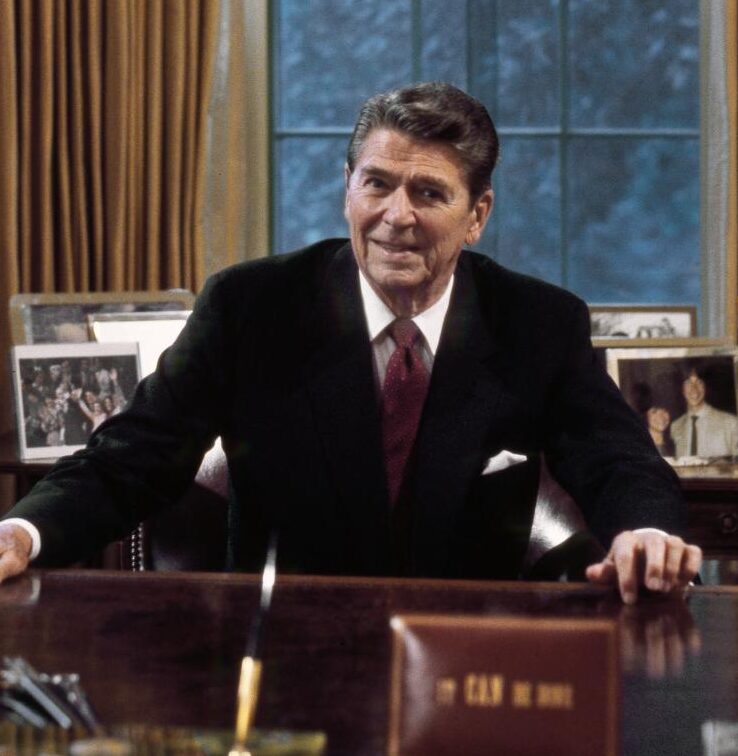Ronald Reagan, the 40th President of the United States, remains one of the most popular political figures in American history. His charm, charisma, and leadership qualities captivated the hearts of millions during his time in office. In this article, we will explore the reasons behind Reagan’s immense popularity and analyze the various factors that contributed to his enduring legacy.
Reagan’s journey from Hollywood actor to the White House was remarkable, and it played a significant role in his popularity. He was already a familiar face to the American public due to his successful acting career. This celebrity status enabled him to connect with people on a personal level, making him approachable and relatable.
Reagan’s communication skills were unparalleled, earning him the nickname “The Great Communicator.” His eloquence and ability to connect with both his supporters and opponents through his speeches resonated deeply with the American public. Whether it was his address at the Berlin Wall or his response to the Challenger space shuttle disaster, Reagan had a unique way of conveying his message with conviction and optimism.
One of the key factors behind Reagan’s popularity was his policy agenda, often referred to as the “Reagan Revolution.” His conservative ideology, commonly known as Reaganomics, emphasized tax cuts, deregulation, and limited government intervention. This approach resonated with many Americans who believed in individual liberty and free-market principles.
Reagan’s economic policies brought significant changes to the American economy. By reducing taxes and regulations, he aimed to stimulate economic growth and create jobs. While critics argue that his policies favored the wealthy, Reagan’s popularity remained intact due to his unwavering commitment to his beliefs and his ability to communicate his vision effectively.
In addition to his economic policies, Reagan’s leadership style also played a crucial role in his popularity. He projected an image of strength and resolve, particularly during the Cold War era. His firm stance against the Soviet Union and his unwavering support for the military earned him respect from many Americans.
Reagan’s optimism and positive vision for America were infectious. He portrayed himself as a president for the people, striving to bring about a brighter future. This sense of hope, coupled with his ability to inspire confidence, resonated deeply with the American public, especially during a time when the nation faced challenges both at home and abroad.
Furthermore, Reagan’s popularity was deeply intertwined with the cultural shifts occurring in America during his presidency. The rise of conservatism as a political force, the increasing influence of the religious right, and the desire for a return to traditional values all contributed to Reagan’s mass appeal. Many Americans saw in Reagan a leader who embodied their hopes and aspirations, aligning with their vision for the country.
Ronald Reagan’s popularity can be attributed to a combination of factors. His celebrity status, exceptional communication skills, conservative policies, strong leadership, optimistic outlook, and alignment with the cultural shifts of the time all played a significant role in his enduring legacy. Reagan’s ability to connect with people on a personal level made him a beloved figure and that has stood the test of time.
